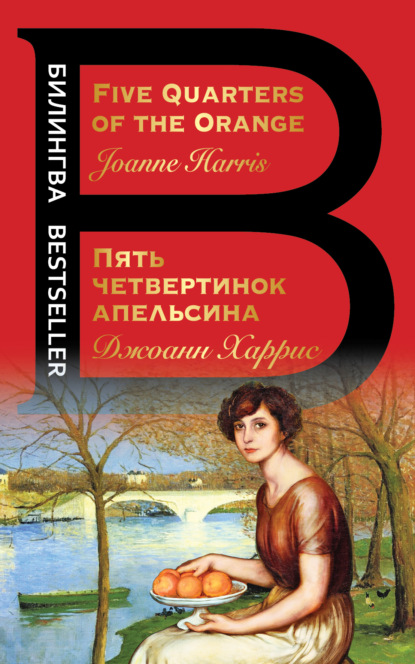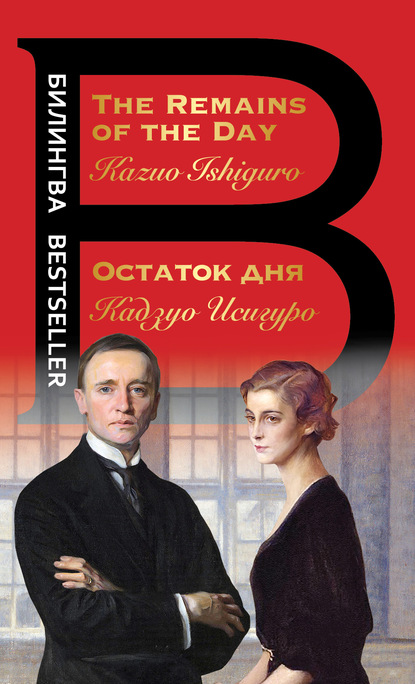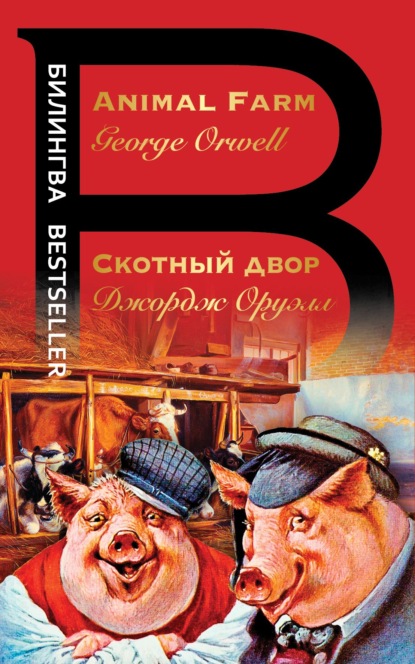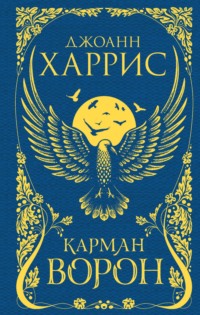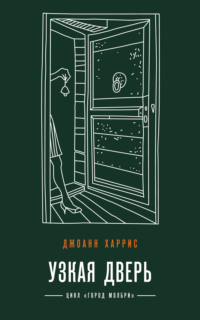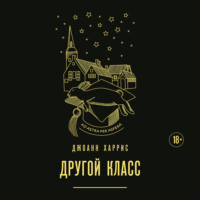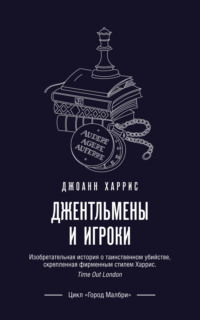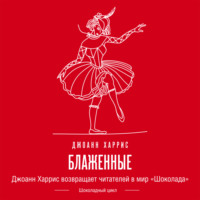
Полная версия
Шоколад / Chocolat
Reynaud? Could he be the source of her fear? I felt a prick of annoyance at the thought that he might be the one who had warned Josephine against me. And yet she had seemed scornful, not afraid, when she mentioned him earlier. The second man was short but powerful; checked shirt rolled up over shiny red forearms, small intellectual’s glasses oddly at variance with the thick, fleshy features. A look of unfocused hostility hung about him, and at last I realized I had seen him before. In a white beard and red robe, flinging sweets into the crowd. At the carnival. Santa Claus, throwing bonbons to the crowd as if he hoped he might take out someone’s eye. At that moment a group of children came up to the window and I was unable to see more, but I thought I knew now why Josephine had fled in such haste.
Конец ознакомительного фрагмента.
Текст предоставлен ООО «Литрес».
Прочитайте эту книгу целиком, купив полную легальную версию на Литрес.
Безопасно оплатить книгу можно банковской картой Visa, MasterCard, Maestro, со счета мобильного телефона, с платежного терминала, в салоне МТС или Связной, через PayPal, WebMoney, Яндекс.Деньги, QIWI Кошелек, бонусными картами или другим удобным Вам способом.


